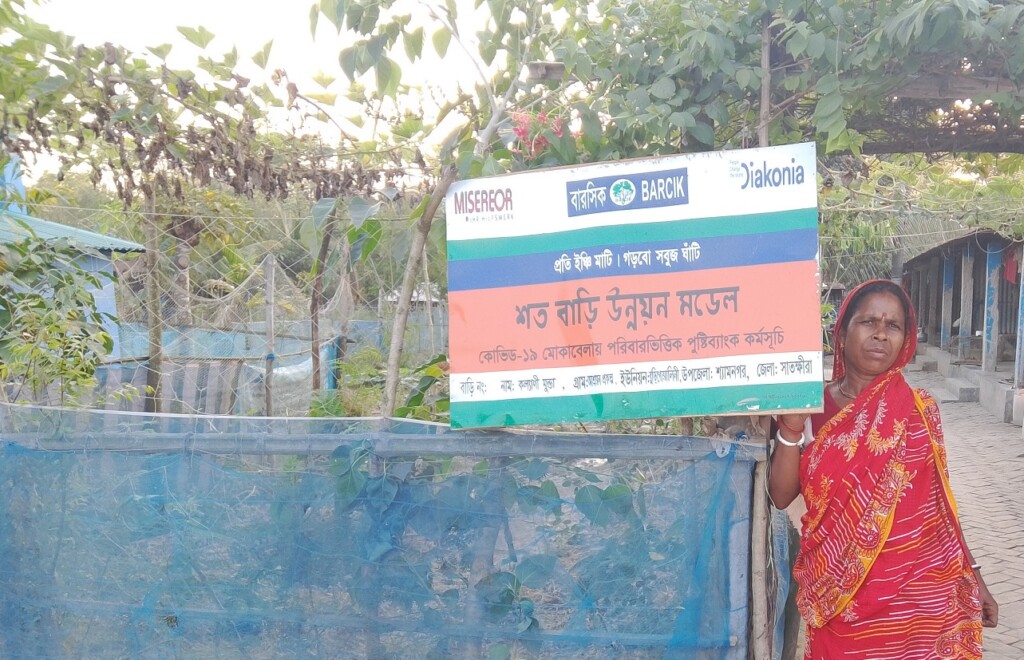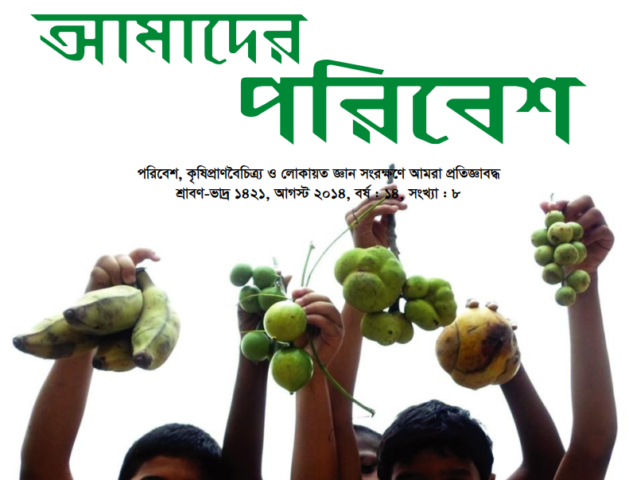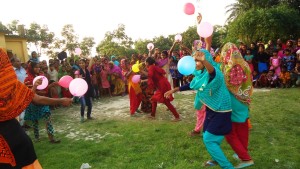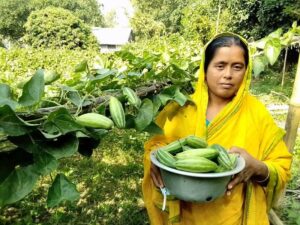By Monika Paik, from the Coastal Region of Satkhira
Kalyani Munda, a 60-year-old indigenous rural woman, lives in the Ashrayan Project of Burigoalini Union. Her husband’s ancestral home was in Gabura Union. After marriage, she lived there for two years, but as the family grew and land became scarce, conflicts arose. Forced to leave Gabura, they moved to Datinakhali Munda Para. After living there for two years, they shifted to the Chuna Ashrayan Project. Following four years there, they finally settled permanently in the Burigoalini Ashrayan Project in 2009 after Cyclone Aila, where she still lives today.
Kalyani Munda says, “After moving so many times, I had nothing left except my husband and children. Holding on to them, I tried to rebuild my life. A new struggle for survival began. At the Ashrayan Project, I received a small house and five decimals of land. However, the land was surrounded by saline soil and barren fields. How could I cultivate vegetables there? Who would guide me? Where could I get support? I felt completely lost thinking about these questions.”
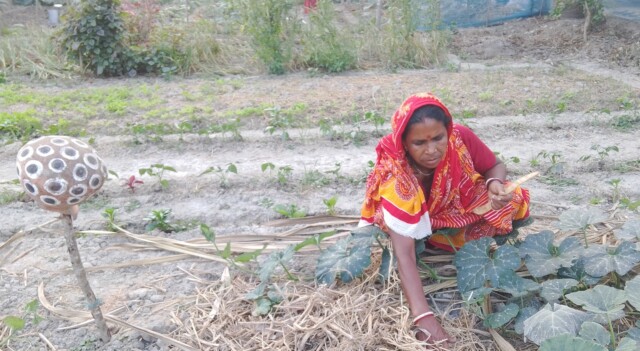
Eventually, in 2010, she came into contact with BARCIK. Participating in various programs, she found a new direction. Initially, she received cow dung from BARCIK and was trained on how to use it for vegetable cultivation. This marked the beginning of her family farming journey. Over time, she received seeds, fencing materials, and other necessary support. Since then, she has remained committed to family farming. In addition to raising ducks and chickens, she has maximized the use of her small homestead space, producing safe food using organic methods and playing a crucial role in meeting her family’s nutritional needs.
She ensures that no part of her yard or surroundings remains unused. Starting with five decimals of land, she now cultivates vegetables on twelve decimals. She grows a diverse range of vegetables year-round, including bottle gourd, pumpkin, Malabar spinach, amaranth, Indian spinach, tomatoes, eggplants, hyacinth beans, potatoes, cabbage, radish, kohlrabi, onions, garlic, and chilies. She purchases cow dung to enrich the soil and also composts household waste to create organic fertilizer for her crops. After meeting her family’s daily vegetable needs, she sells the surplus in the local market, which helps her covering other household expenses, buy more ducks and chickens, and manage her personal expenses.
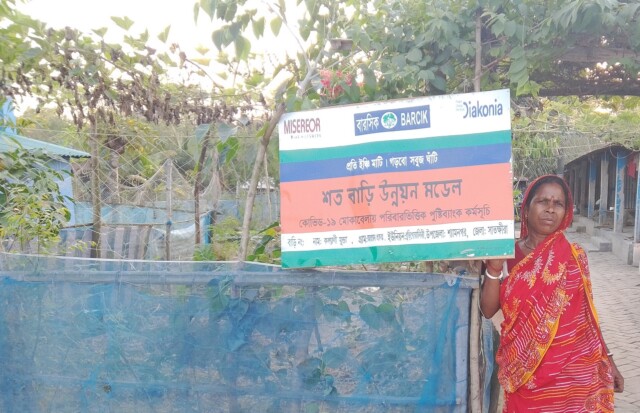
Regarding this, Kalyani Munda says, “There is high demand for my vegetables in the market because I produce these vegetable organically and taste better including more nutritious. I don’t have to spend money on doctors; instead, I use that money to buy cow dung for my crops. Because I grow safe vegetables, my family stays healthy, and so do I.”
Women play a crucial role in ensuring food security in poverty-stricken rural families. In recent times, rural women’s participation in various agricultural activities has been increasing, bringing positive changes to both family and society.

